
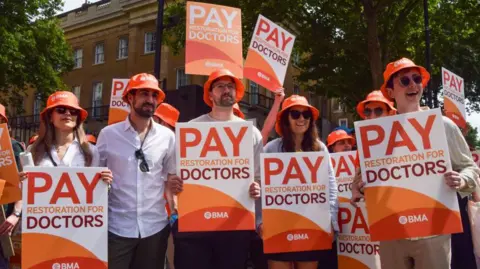 Getty Images
Getty Images
Resident doctors in England are heading back to work after a five-day walkout over pay.
They say they haven't had a "credible pay deal" for 2025-2026, but Health Secretary Wes Streeting argues the strike is "unreasonable" after substantial pay rises in recent years.
Who are resident doctors?
Resident doctors used to be known as junior doctors, but the government recently agreed to change the name of their role to better reflect their expertise.
They make up around half of all doctors. As a patient you could come into contact with a resident doctor in any NHS department, including A&E and at your GP surgery.
Resident doctors are qualified doctors who have completed a medical degree.
Many then enter speciality training in a particular area of medicine and surgery, or train to become a GP.
Full training can take a long time, meaning some resident doctors have more than a decade of practical experience and are responsible for many aspects of care.
How were patients affected by the resident doctors' strikes?
The medics were on strike in England between 25 and 30 July.
During the period GP surgeries were typically open as normal, and the 111 phone line remained the best option for urgent or non-life threatening issues. Patients were still advised to go to A&E or call 999 for emergency care.
Unlike in previous strikes, during the latest walk-out NHS England asked hospitals to carry out routine operations where possible and to only reschedule appointments in exceptional circumstances.
But the British Medical Association (BMA), a trade union for doctors, warned this risked stretching staff too thinly.
Despite putting plans in place to minimise disruption, NHS chiefs said the strikes did take a toll on patients and staff, and that some appointments did not go ahead.
Prime Minister Sir Keir Starmer said the walkouts threatened "to turn back the clock on progress we have made in rebuilding the NHS over the last year".
In the last wave of strikes between July 2023 and February 2024 - which involved some consultants - government analysis showed that 507,000 appointments and operations were cancelled and rescheduled.
Scotland, Wales and Northern Ireland were not affected by the latest industrial action.
What is a resident doctor's salary?
During their first foundation year after finishing their medical degree, resident doctors in England earn a basic salary of £38,831. In their second year, this rises to £44,439.
Medics are often expected to work night shifts, weekends and longer hours for extra payments.
After eight years or more as a resident doctor, salaries can progress to around £70,000.

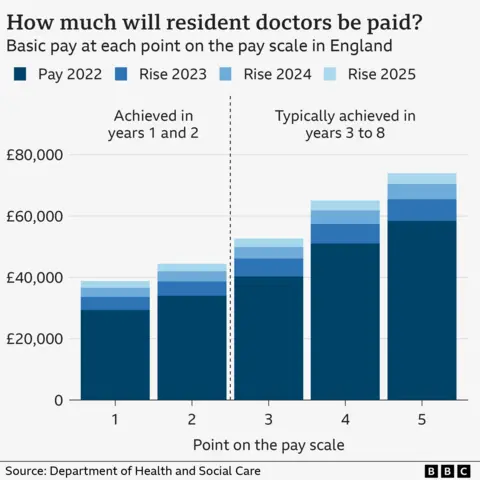
Since 2023, resident doctors have taken part in 11 separate strikes, arguing for fairer pay and working conditions.
During 2023-24, over two years, they received a 22% pay increase. From August 2025, they will get an additional 5.4% pay rise.
Health Secretary Wes Streeting says resident doctors have received the largest pay rises of any public sector employees over the last three years.
The government says it won't be offering any further increases.
What are resident doctors' pay demands?
The BMA says resident doctors' pay will be 20% lower in real terms than it was in 2008, even after the August increase.
It wants pay for the group to be brought back in line with the level it was at 17 years ago, when they say their value of their pay started to be eroded.
The claim is based on a measure of inflation called the Retail Price Index (RPI). This includes housing costs and shows higher price increases than some other inflation measures.
The BMA points out that many resident doctors have large student loans and that interest on these is calculated using RPI.
However, the government says RPI is outdated. Instead, it uses the Consumer Prices Index (CPI) to calculate inflation and pay increases. CPI looks at the cost of goods and services based on a basket of household items.
Using the CPI measure, the government says resident doctors' current pay is fair.
Analysis from the Nuffield Trust - a health think tank - suggests pay has fallen 5% since 2008 if CPI is used, compared with nearly 20% with RPI.
What pay rises have other public sector staff had?
In May, the government announced pay rises for a number of public sector workers, including:
- a 4% rise for other doctors, dentists, and teachers in England, as well as prison officers in England and Wales
- a 3.25% rise for civil servants
- a 3.6% rise for some NHS staff in England, including nurses and midwives
- a 4.5% rise for members of the UK armed forces, with 3.75% for senior military staff
However, because a medical degree can take five or six years to complete - longer than most other degree courses - the BMA argues that resident doctors may have built up more student debt than other graduates.
Resident doctors also say they have little control on where and when they are asked to work. And that it can be difficult to put down roots, because of the need to do placements in different parts of the country.

 German (DE)
German (DE)  English (US)
English (US)  Spanish (ES)
Spanish (ES)  French (FR)
French (FR)  Hindi (IN)
Hindi (IN)  Italian (IT)
Italian (IT)  Russian (RU)
Russian (RU)  1 day ago
1 day ago
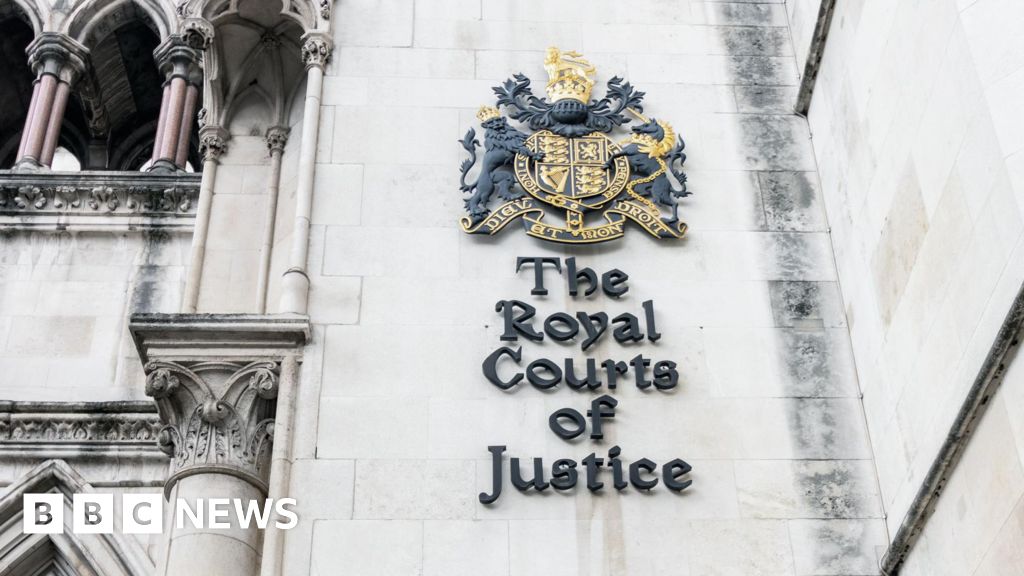
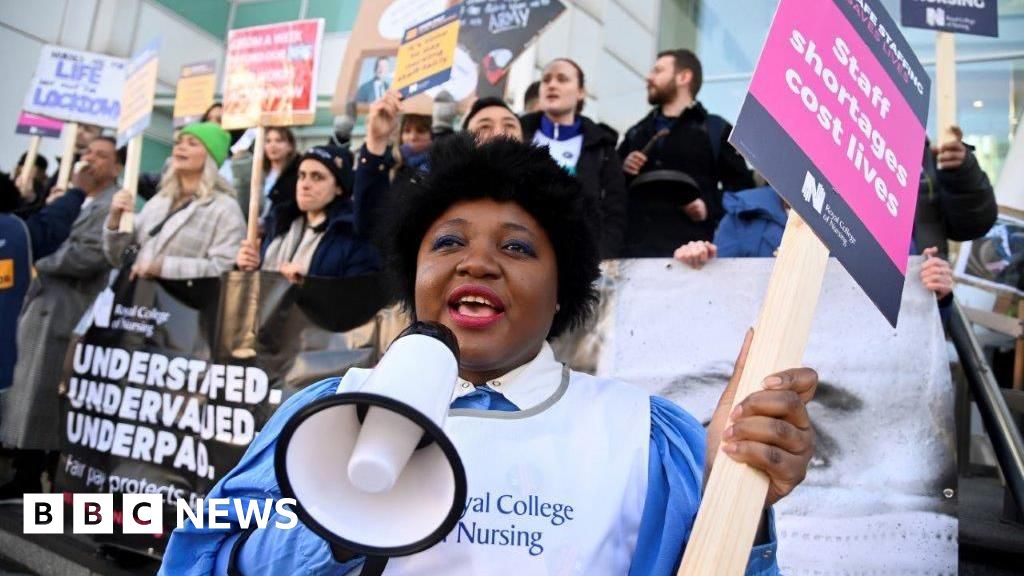

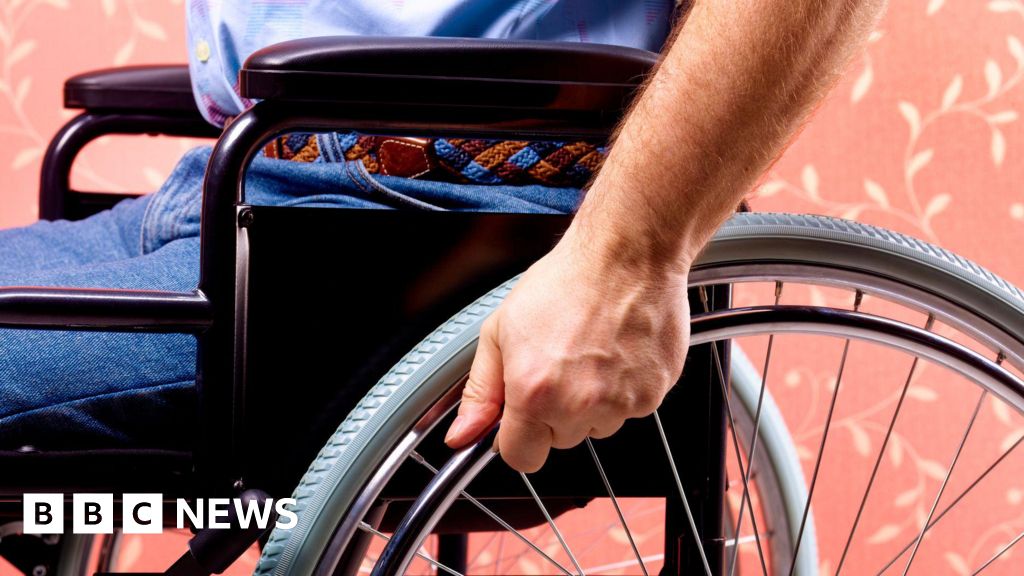
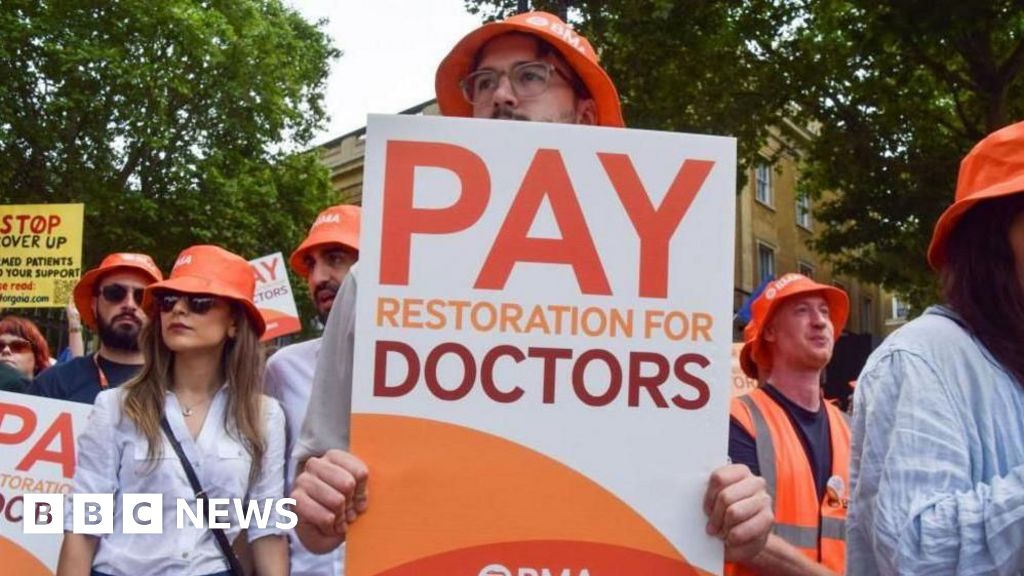

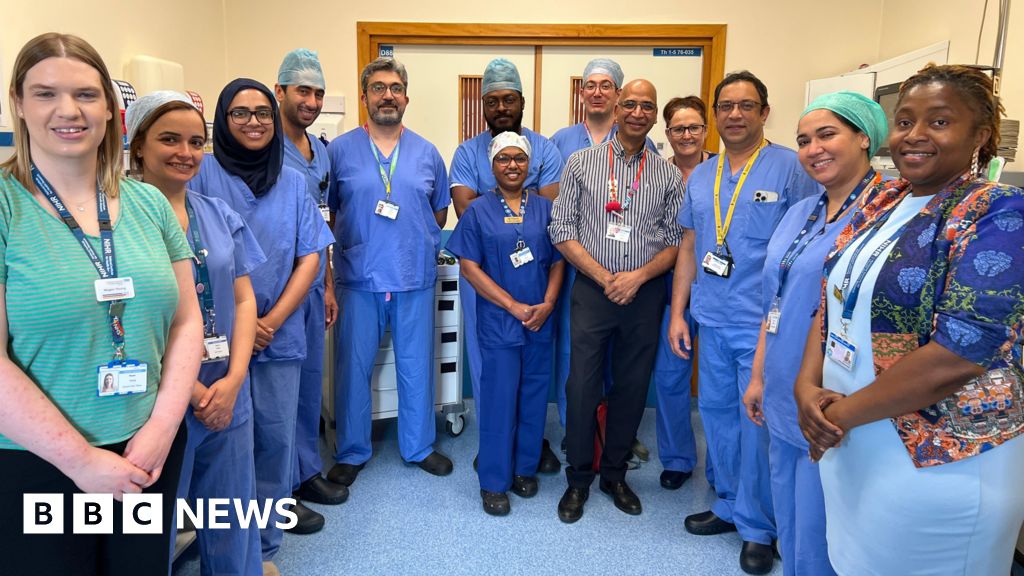

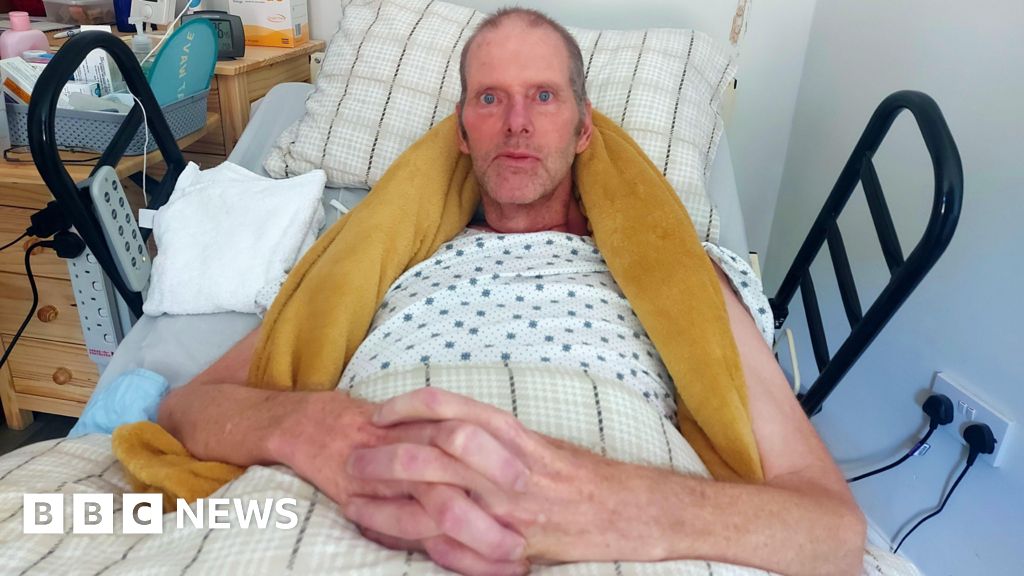

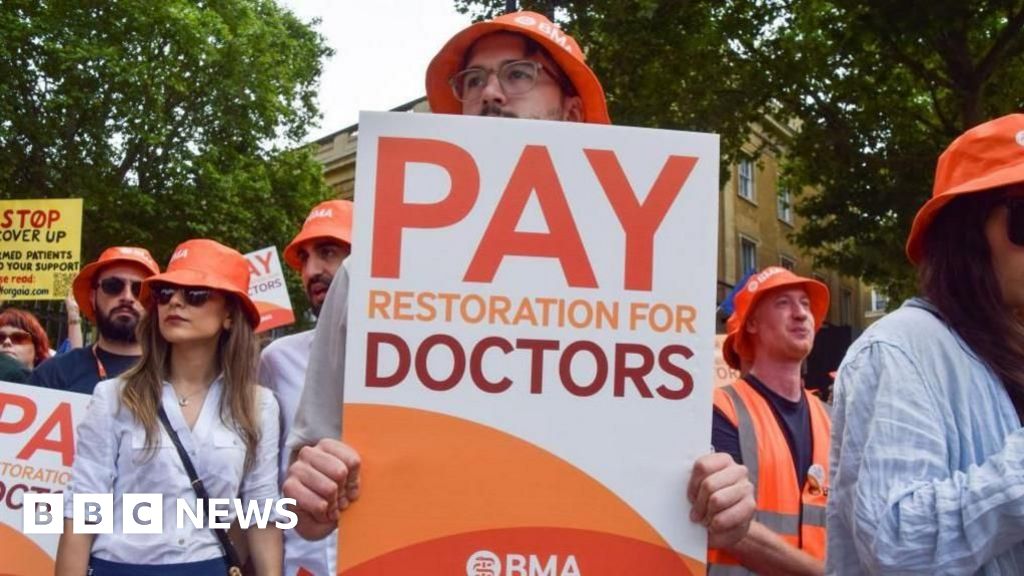
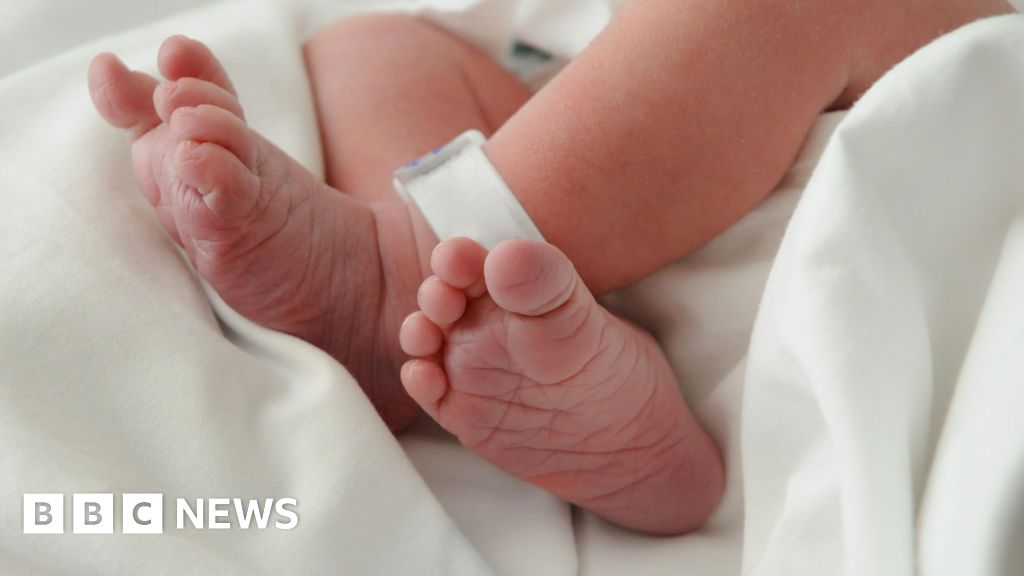











Comments